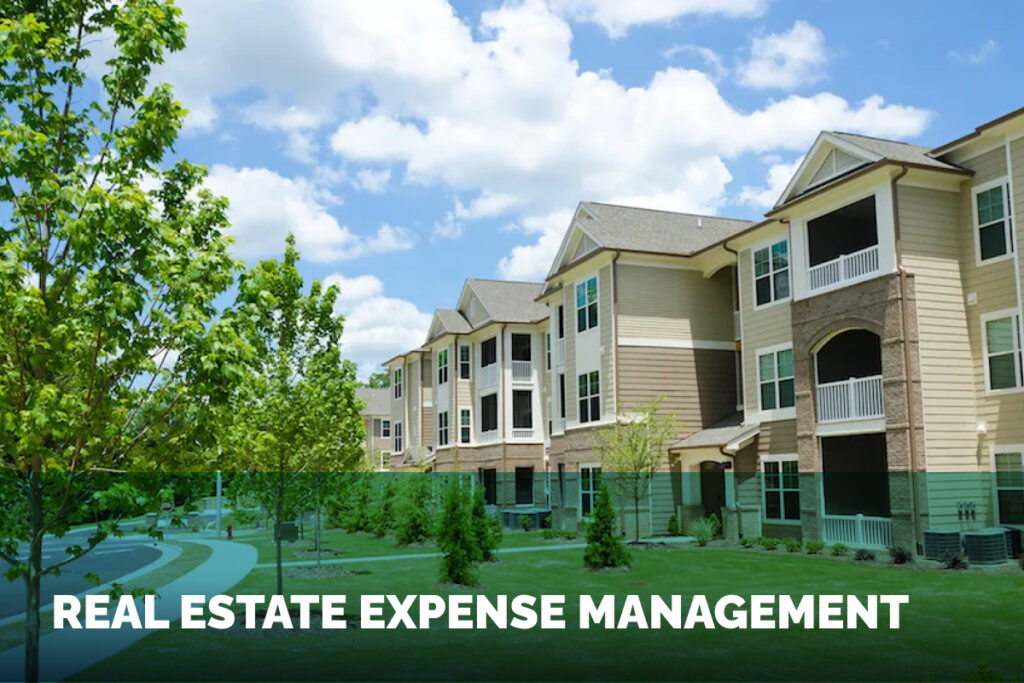Introduction
In the competitive world of property management, controlling operational costs is critical to profitability and long-term success. Effective expense management not only protects the bottom line but also enhances asset value and supports better resident experiences. From utilities to vendor contracts, every dollar saved can be reinvested into property improvements and resident satisfaction.
1. Conduct Regular Budget Reviews
Routine budget reviews ensure that spending aligns with expectations and highlights areas where costs may be creeping up. Comparing actual expenditures to projected budgets on a monthly or quarterly basis helps identify inefficiencies early.
Pro Tip:
Use historical data to spot seasonal trends and adjust future budgets accordingly.
2. Optimize Vendor Contracts
Service contracts for landscaping, maintenance, pest control, and security can represent a significant portion of operating expenses. Regularly reviewing and renegotiating vendor agreements ensures you’re getting the best value for your investment.
Quick Win:
Bundle services across multiple properties to gain volume discounts.
3. Embrace Preventive Maintenance
Preventive maintenance helps avoid costly emergency repairs and prolongs the life of major systems and equipment. Implementing a structured maintenance calendar reduces downtime and unexpected capital expenditures.
Key Areas:
HVAC systems, roofing, plumbing, and electrical systems.
4. Leverage Energy Efficiency Upgrades
Utility expenses can consume a large portion of a property’s budget. Investing in energy-efficient lighting, low-flow plumbing fixtures, and smart thermostats can significantly reduce utility bills over time.
Smart Strategy:
Conduct an energy audit to uncover high-return upgrade opportunities.
5. Centralize Purchasing
Standardizing purchasing procedures across multiple properties ensures consistency and cost control. By working with approved suppliers and consolidating orders, property managers can negotiate better pricing.
Tip:
Use purchasing software to track orders and monitor inventory levels.
6. Monitor Staff Overtime and Labor Costs
Labor is one of the largest controllable expenses in property operations. Monitoring scheduling and limiting unnecessary overtime helps maintain budget discipline without sacrificing service quality.
Pro Tip:
Cross-train staff to increase operational flexibility.
Conclusion
Controlling operational expenses is a continuous effort that requires diligence, strategy, and teamwork. By proactively managing costs, property managers can improve NOI, enhance asset performance, and deliver a better experience for residents and owners alike.
At Summerfield Property Management, we focus on efficient, intelligent property operations that maximize value and keep costs in check—so your investments perform at their best.


